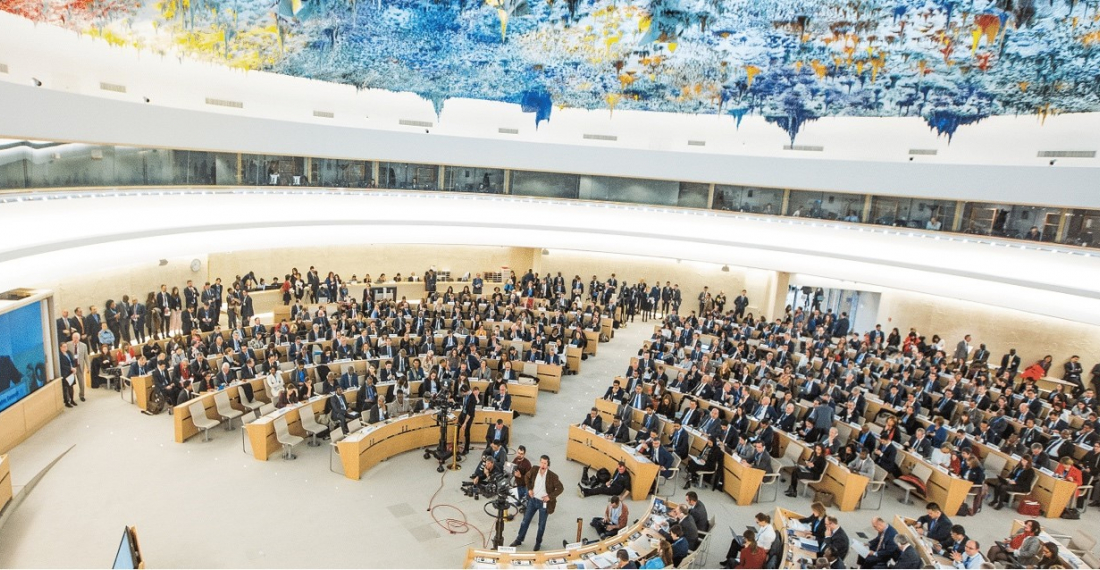Whilst the war in Ukraine overshadowed all other diplomatic activity in the last days, other issues continue to be dealt with in various diplomatic fora. Last week, the UN Human Rights Council (UNHRC) initiated an investigation into violations of human rights in the conflict in northern Ethiopia. Its chair, former chief prosecutor of the ICC, Fatou Bensouda, will lead the three-chair panel, the council announced.
The panel is to investigate claims of human rights violations in the Tigray region, the epicenter of the civil war that has tainted Ethiopia for the past 18 months. Since the start of the conflict, in November of 2020, there have been reports of war crimes and crimes against humanity committed by both the Tigray People’s Liberation Front’s (TPLF) and government forces.
A report, published by the Ethiopian Human Rights Commission, as well as the Office of the UN High Commissioner for Human Rights (OHCHR), in November 2021 already pointed towards crimes committed by the parties to the war. The report outlines attacks on civilians, unlawful killings, as well as torture committed by Tigrayan, Ethiopian, Eritrean forces, and their allied militias. The panel that is to investigate and further collect evidence of these crimes was initiated by a December UNHRC vote on the proposal, tabled by the European Union.
Along with Bensouda, the Chair of the UNHRC, Federico Villegas, announced the appointment of Kenyan lawyer Kaari Betty Murungi and American law professor Steven Ratner. The panel’s mandate stretches out to a year of investigation, upon which the UNHRC can decide whether it should be extended or not. Should the panel find evidence of prosecutable crimes, they are likely to lead to an International Criminal Court trial against the responsible parties.
After the confirmation of such a panel in the UNHRC vote of December, the Ethiopian government announced its refusal to support any such investigation into war crimes. Along with the African Group—one of 5 UN Regional Groups—Russia and China voted against the motion to establish the panel.
“No more to double standards; no more to unilateral coercive measures; and no more to meddling in internal affairs under the pretext of human rights”, the Ethiopian government announced in a statement.
According to the UN, the Ethiopia-Tigray conflict has led to the deaths of thousands, more than two million displaced people and hundreds of thousands in near-starvation conditions. Despite the government’s release of many illegally held prisoners and the lifting of its state of emergency, the war continues to claim lives. Earlier this week, reports of a government blockade causing an acute lack of medical supplies in the Tigray region were published by the UN.
The investigative panel is due to provide an intermediate oral report of its findings during the 15th session of the UNHRC in June of this year.






